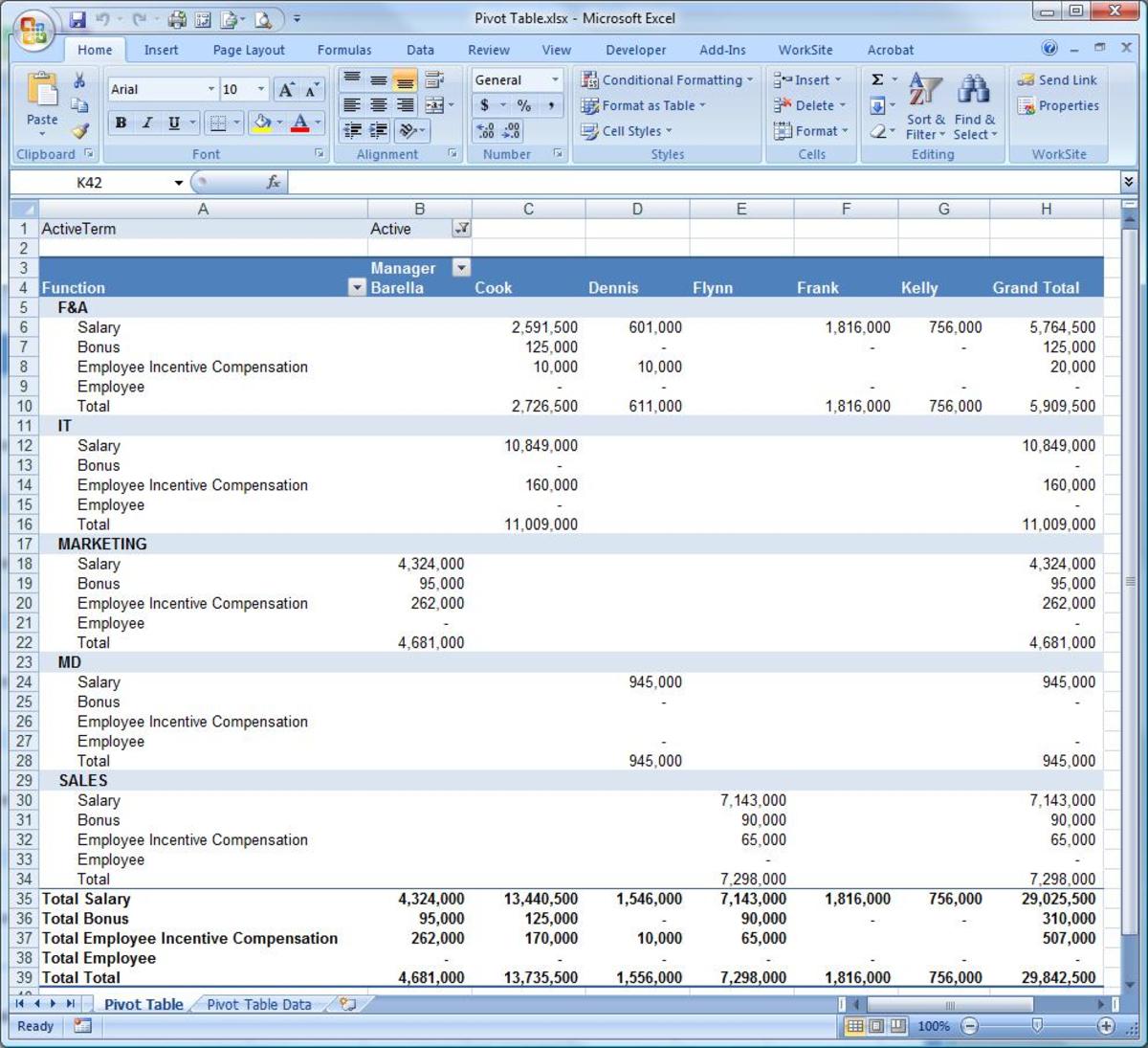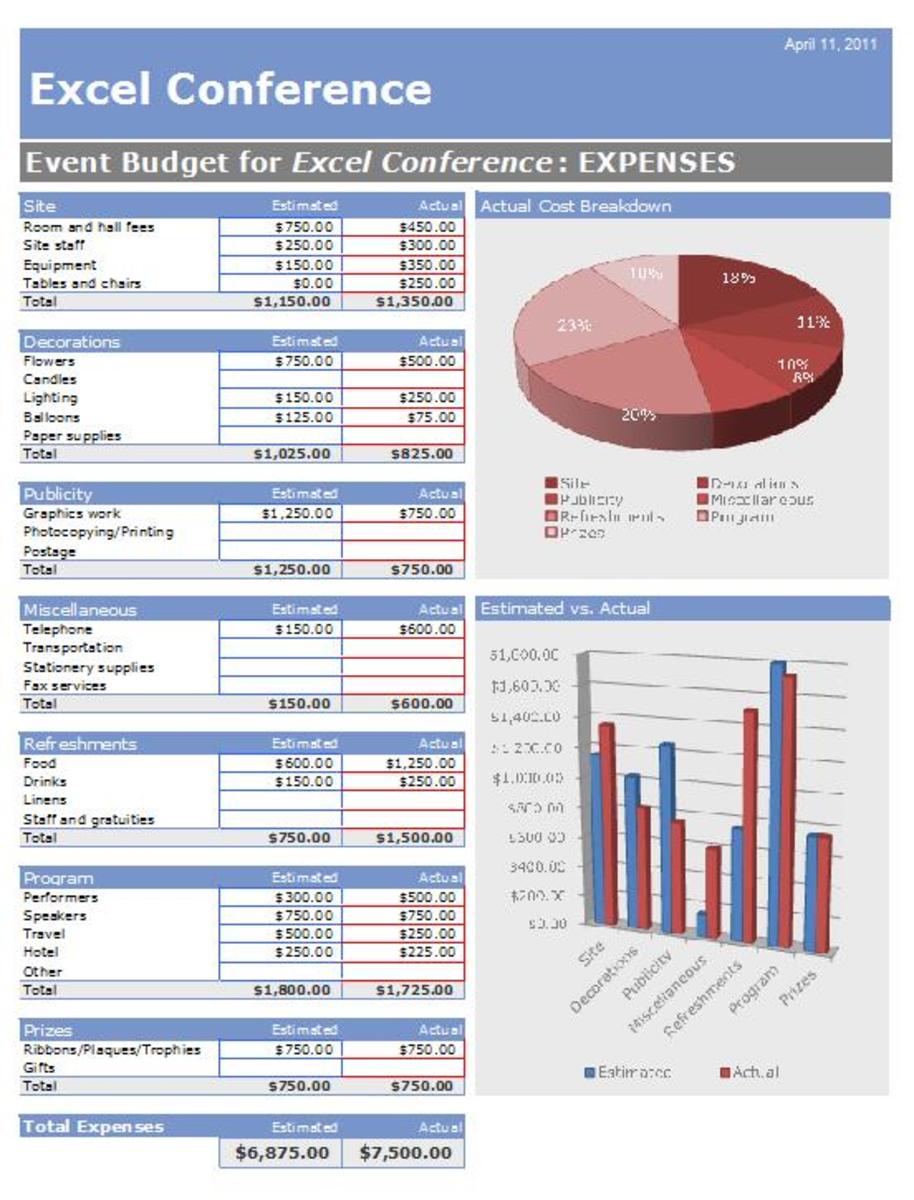- HubPages»
- Technology»
- Computers & Software»
- Computer Software
eSignature FAQs And Capabilities
Digital Signature

Have you ever come across any of the below situations in life, where:
1. The physical unavailability of an official in some department played a foul with the processing of a document that you urgently required.
2. You couldn't put your signature on an agreement paper that a client wanted as you were vacationing at some remote area away from your office.
3. Some key business decisions were delayed because of an unexpected unavoidable delay caused in seeking approval and opinion from people heading offices dispersed geographically.
4. Proprietary business information got leaked because of signature counterfeiting of some key business decision makers.
5. Your sales/customer service representative faced challenges on the field as the customer was not ready to render his/her signature on a document citing some security apprehensions.
Well, such instances are quite disappointing and irritating and, their repercussions, as expected, only damages the business prospects and reputation. However, your competitors are the ones who really reap the benefit from your loss. Fortunately, esignature can make a difference by solving the problems.
Rapid globalization, emergence of business outsourcing culture, dispersal of workforce across different territories or timezone and growing competition have immensely contributed to the adoption of esignature. The number of transactions based on electronic signature is expected to reach 754 million this year. Nowadays, its usage can be witnessed across both public and private sector entities.
Planning to adopt digital signature, but have some apprehensions linked with its legitimacy and capability? You have come to the right place. This article aims at addressing those to your heart's content.
UNCITRAL Model Law on Electronic Signatures (2001)
- 2001 - UNCITRAL Model Law on Electronic Signatures with Guide to Enactment
The Model Law on Electronic Signatures (MLES) aims to enable and facilitate the use of electronic signatures.
Are digital signatures valid and legal?
The digital signature method enjoys legal stature in more than 30 countries comprising of developed as well as emerging economies of the world. The enactment of UNCITRAL Model Law on Electronic Commerce by the United Nations in 1996 was a landmark event that paved its way into the public and private sectors as we see it today.
List of popular regulations across different territories
Countries
| Regulations
|
|---|---|
Australia
| Electronic Transactions Act 1999 (which incorporates amendments from Electronic Transactions Amendment Act 2011), Section 10 - Signatures specifically relates to electronic signatures.
|
Canada
| PIPEDA, its regulations, and the Canada Evidence Act.
|
China
| Law of the People’s Republic of China on Electronic Signature (effective April 1, 2005)
|
Costa Rica
| Digital Signature Law 8454 (2005)
|
Czech Republic
| The Law on Electronic Signatures 227/2000 Sb.
|
European Union
| eIDAS regulation on implementation within the EU is set out in the Digital Signatures and the Law.
|
India
| Information Technology Act
|
Ireland
| Electronic Commerce Act 2000
|
Japan
| Law Concerning Electronic Signatures and Certification Services, 2000
|
Mexico
| E-Commerce Act 2000
|
Additional Regulators
Apart from the federal or state laws, the chosen digital signature software must comply with the industry-specific regulators. For instance, if you are in the health sector in the United States, HIPPA has to be followed, while dealing with government contracts, DCAA will govern some of the aspects of digital transactions, and so on.
eSignature Adoption Benefits
How much do I need to invest to get started with a digital signature software?
No upfront investment is required in terms of hardware or software. Thanks to the emergence of Software-as-a-Service model. All you need to have is an Internet-connected device. You can avail yourself of the digital signature service against a subscription as low as $8 per month. In the competitive market, it's not difficult to find free trial. This will help you judge the capabilities of the software before entering into a contract with the vendor. However, the deal must be sealed after reviewing the terms and conditions of the vendor.
What are the determinants of a reliable digital signature software?
- Ease of use: The software must provide an intuitive and responsive user interface so that you or your people don’t have to struggle while using its built-in features and tools. Whether it’s creating or editing the document, defining permissions of other members, sharing the document, tracking status, validating the signature, or signing documents for others, everything should be quick and easy for the users.
- Availability: IT downtime not just hampers your performance but also derails your objectives and affects your market reputation. So make sure that the service provider has a good repute in terms of offering an uninterrupted and unbeatable service.
- Security: Business proprietary information must be protected against any breaching or unauthorized access. Look for a digital signature software that can provide protection to data at rest and in transition besides providing a way to validate the signers.
- Secure Access: Only persons with valid credentials should have the permission to access, review or edit the documents. Any unauthorized attempt should be restricted by blocking the account itself. The account can be further fortified with authentication mechanisms, comprising secret questions and answers or SMS textcode.
- Validate & Authenticate Signers: Authentication of a signature should be made possible with certificate issued by third-party authorities (CAs) or an organization’s public key infrastructure (PKI).
4. Workflow Management
An ideal signature software provides flexible ways to manage the workflow. You can include multiple signers and multiple signatures per signer; adopt multi-party routing, sequential and parallel workflow, exercise document insertion, proxy signing, and review, and so on to enhance decision-making, process efficiency and avoid issues like incomplete documentation or signature mismatch.
5. Notifications
The document owner must have the privilege to issue custom notifications to members in order to get the document processed, reviewed, signed and duly completed in time. Reminders and expiration alerts are innate components of a good digital signature software. The owner also gets notified about the status of the document as when and who signed the document, cancelled or rejected it, commented on it or taken any other action.
Can I get my document signed through my website?
Yes. Embed a code generated through a digital signature software in the source code of your website.The users will have same flexibility and autonomy as they enjoy with in-person email signature invitation. They can review the document, make changes as per permission granted to them by the owner and add their signature and other details as requested. This mode of digital signature is quite helpful when you need to garner mass support for a public campaign.
Which are the top digital signature software companies in the US?
Here is the list of a few renowned companies offering on-premise as well as cloud-based digital signature software.
- eSign Genie
- DocuSign
- Adobe Sign
- RightSignature
- eSignLive
Hope you found the information useful. Got any questions or suggestions? Feel free to share those in the comment box below. I will be happy responding to them at my earliest. I'm signing off the article. Wish you a good luck!







